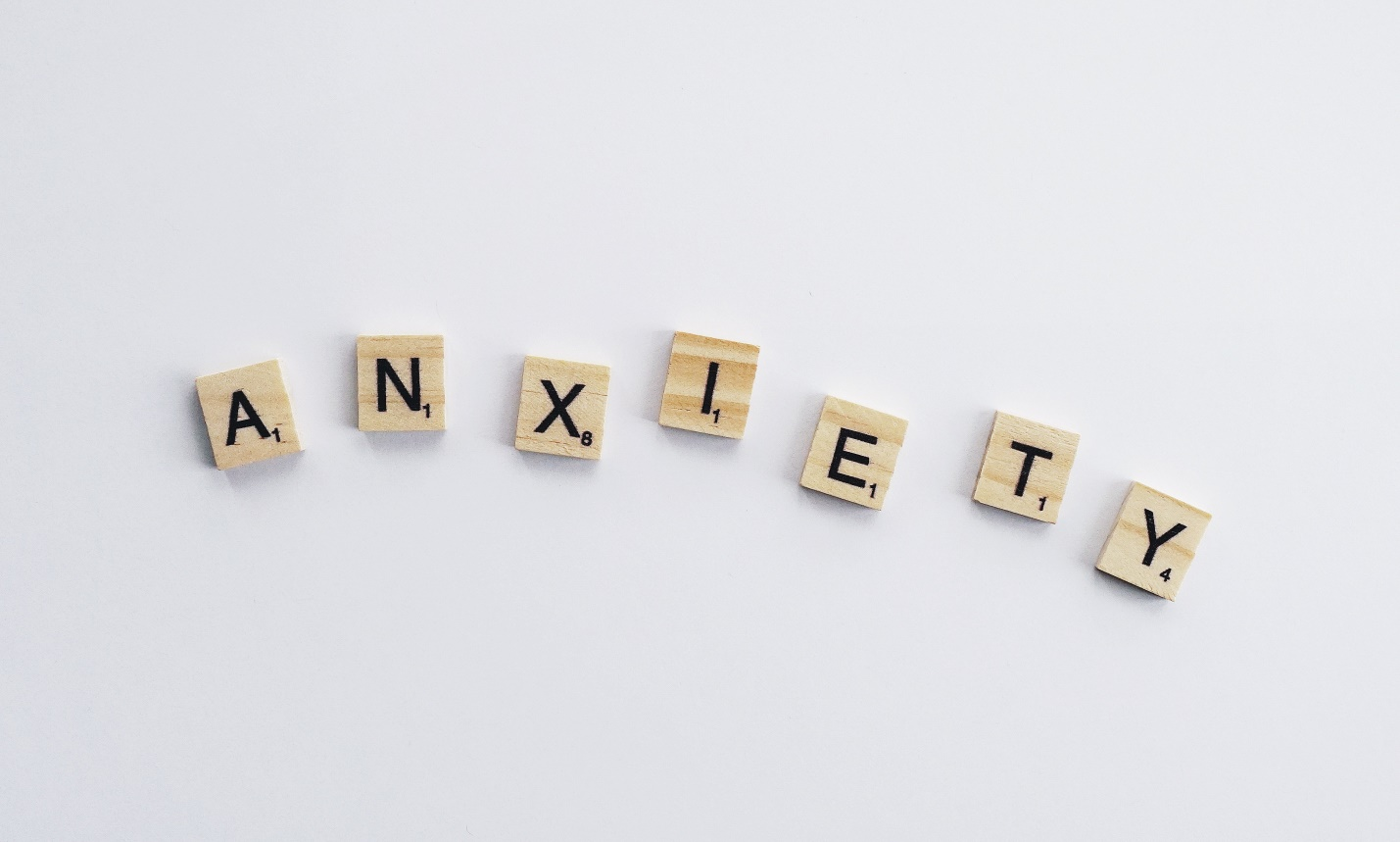It comes as no surprise that anxiety has become a widespread problem affecting individuals of all ages in today’s fast-paced and demanding environment. Whether you occasionally feel anxious or have anxiety, practicing efficient symptom management skills may significantly improve your general well-being and mental health. Ziks Health Services aims to help individuals cope with anxiety issues and help them move toward a better life.
In this blog, we will explore practical tips and techniques that can help you cope with anxiety and regain control over your life.
Understand and Identify Your Triggers
The first step in managing anxiety is identifying the specific triggers contributing to your symptoms. Spend time thinking about the circumstances or ideas that make you anxious. Knowing your triggers can help you create methods to reduce their influence on your everyday life.
Practice Deep Breathing and Relaxation Techniques
Relaxation methods and deep breathing exercises are straightforward but effective solutions for reducing anxiety. When you feel anxious, take deep breaths through your nose and exhale through your mouth. This practice promotes the body’s relaxation response, which helps to quiet your mind and lower anxiety levels. Furthermore, find out what works best for you by experimenting with different relaxation methods, including progressive muscle relaxation, guided imagery, and meditation.
Maintain a Balanced Lifestyle
The management of anxiety greatly benefits from a balanced lifestyle. Make sure to prioritize self-care practices such as regular exercise, a balanced diet, and adequate sleep. Take part in enjoyable and relaxing activities, such as hobbies, time spent in nature, or mindfulness exercises. Moreover, limit your intake of coffee and alcohol since these might make anxiety symptoms worse.
Challenge Negative Thoughts
Negative or illogical ideas are typically the source of anxiety. To loosen anxiety’s hold on your mind, learn to question and reinterpret these ideas. When you see yourself thinking negatively, consider whether or not your assumptions or the available information support your ideas. Think about alternate viewpoints and concentrate on realistic and uplifting assessments of the circumstance.
Build a Support Network
Discuss your thoughts and experiences with dependable family members, friends, or support groups. A strong support system may offer emotional affirmation, reassurance, and useful guidance. Keep in mind that you are not alone and that there are individuals out there that are concerned and sympathetic.
Prioritize Stress Management
Stress can aggravate the symptoms of anxiety. Thus, it’s critical to learn efficient stress-management strategies. Therefore, explore different methods for reducing stress, including exercise, mindfulness, taking up a hobby, journaling, or getting support from a counselor or therapist.
Practice Time Management
Anxiety can be exacerbated by feeling rushed and overburdened. Prioritizing things, breaking them down into smaller, more manageable steps, and creating attainable objectives can help you learn to manage your time successfully. Setting up a routine can also assist by giving you a sense of control over your day, which can help reduce anxiety.
Seek Professional Help
Don’t hesitate to seek professional assistance if your anxiety symptoms continue interfering with your everyday life. In order to properly manage your anxiety, mental health specialists can offer specialized assistance and treatment.
Ziks Health Services Is Well-Equipped to Provide Professional Mental Healthcare
At Ziks Health Services, we believe that with the right approach, you can overcome your anxiety and depression. Our services include depression treatment plans, psychiatric evaluations, telepsychiatry, and more in Dallas, Texas.
Contact us to schedule an appointment.

